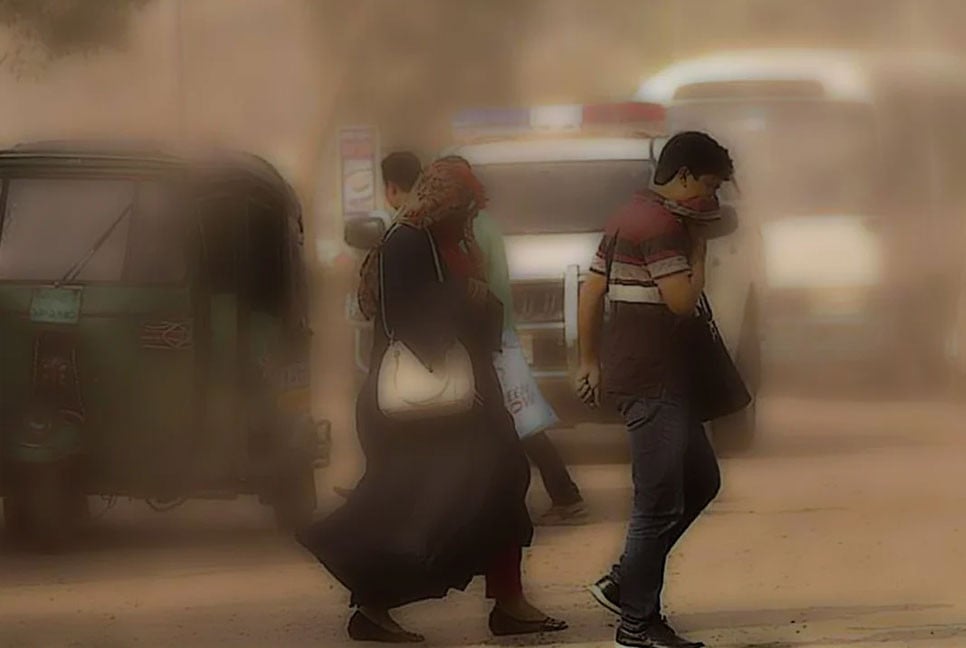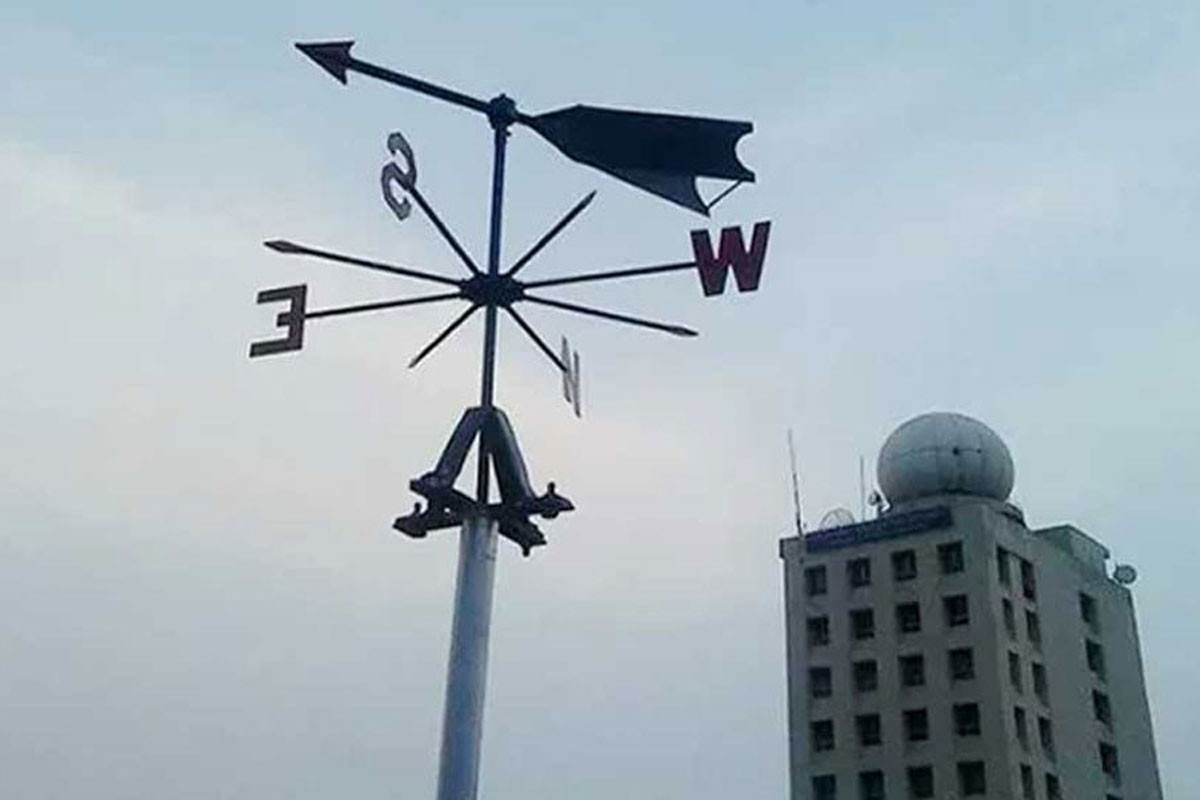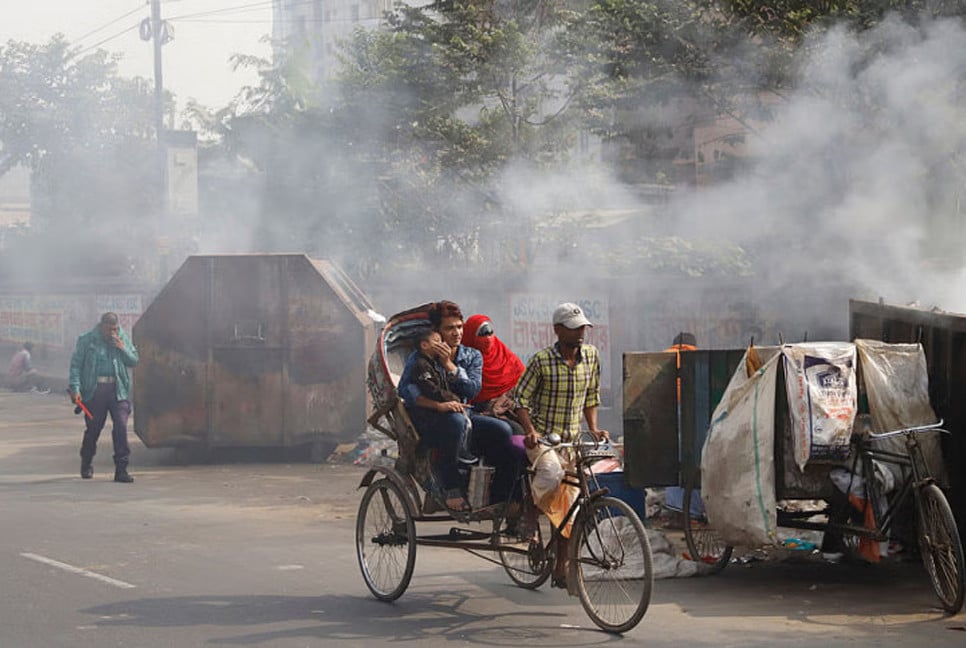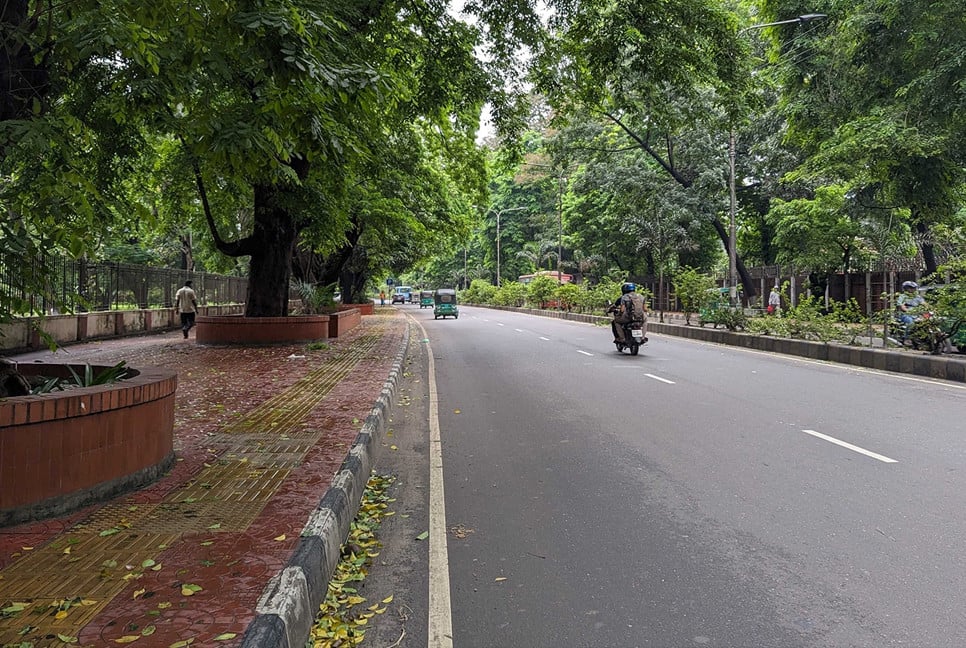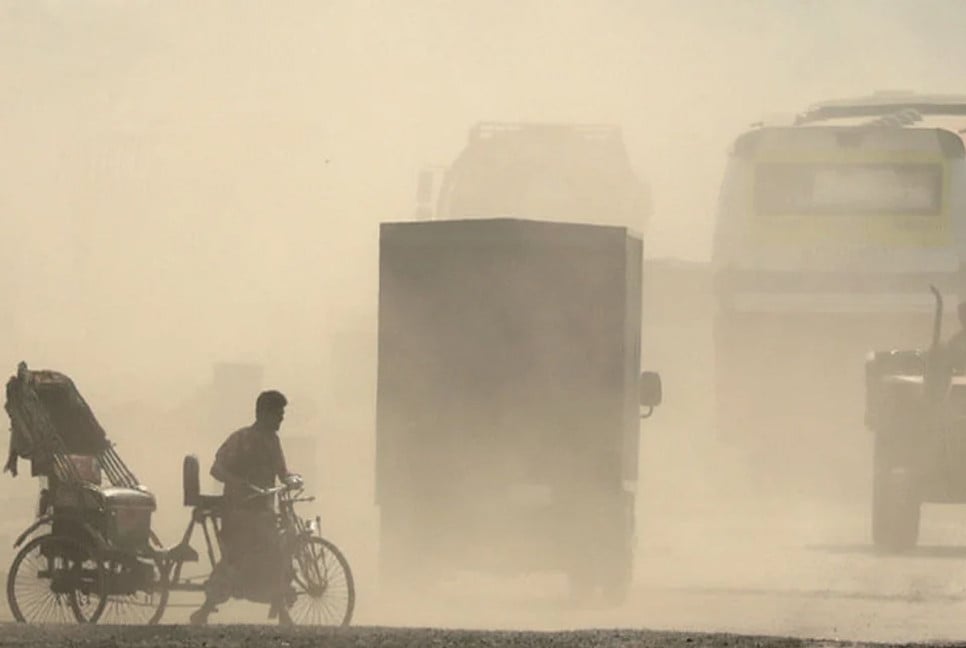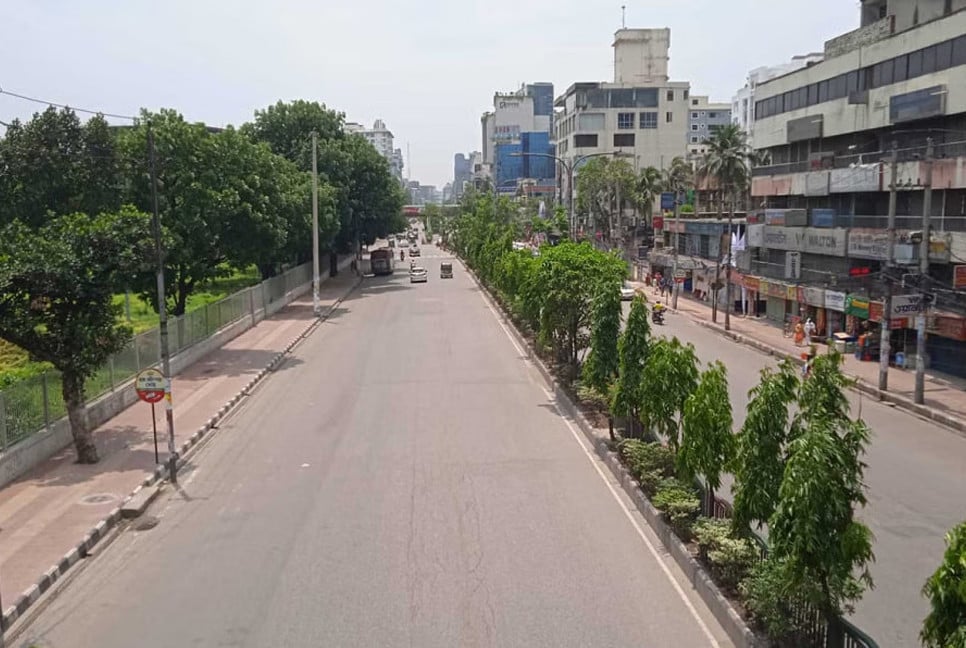Air pollution continues to rise in cities worldwide due to various factors, including climate change and urbanization. Dhaka, the capital of Bangladesh, has long struggled with poor air quality, often ranking among the world’s most polluted cities. On Monday morning, Dhaka’s air quality was classified as "very unhealthy."
Data from IQAir, a Swiss-based air quality monitoring company, placed Dhaka fourth on the list of the world’s most polluted cities as of 7:30 a.m., with an Air Quality Index (AQI) score of 235. Sarajevo, the capital of Bosnia and Herzegovina, topped the list with a score of 301. Hanoi in Vietnam ranked second with a score of 266, followed by Lahore in Pakistan at 247. Delhi, India, rounded out the top five with a score of 228.
An AQI score measures air pollution levels, with zero to 50 indicating good air quality, while scores between 51 and 100 are considered moderate. Scores ranging from 101 to 150 are categorized as unhealthy for sensitive groups, and those between 151 and 200 are deemed unhealthy for the general population. Scores from 201 to 300 are classified as very unhealthy, as seen in Dhaka’s case, where air quality poses significant health risks. In such conditions, children, the elderly, and those with pre-existing health issues are advised to remain indoors, while others should limit outdoor activities.
The AQI scale also includes a hazardous category for scores between 301 and 400, which represents extremely poor air quality and severe health risks to city residents.
IQAir is a Swiss air quality monitoring and technology company that regularly publishes global rankings of cities with the worst air pollution. Its AQI system provides essential data on air cleanliness, alerting residents to the risks posed by pollution in specific areas.
Dhaka’s persistent air pollution underscores the urgent need for sustainable solutions to protect public health and improve environmental conditions in the city.
Bd-pratidin English/ Jisan

